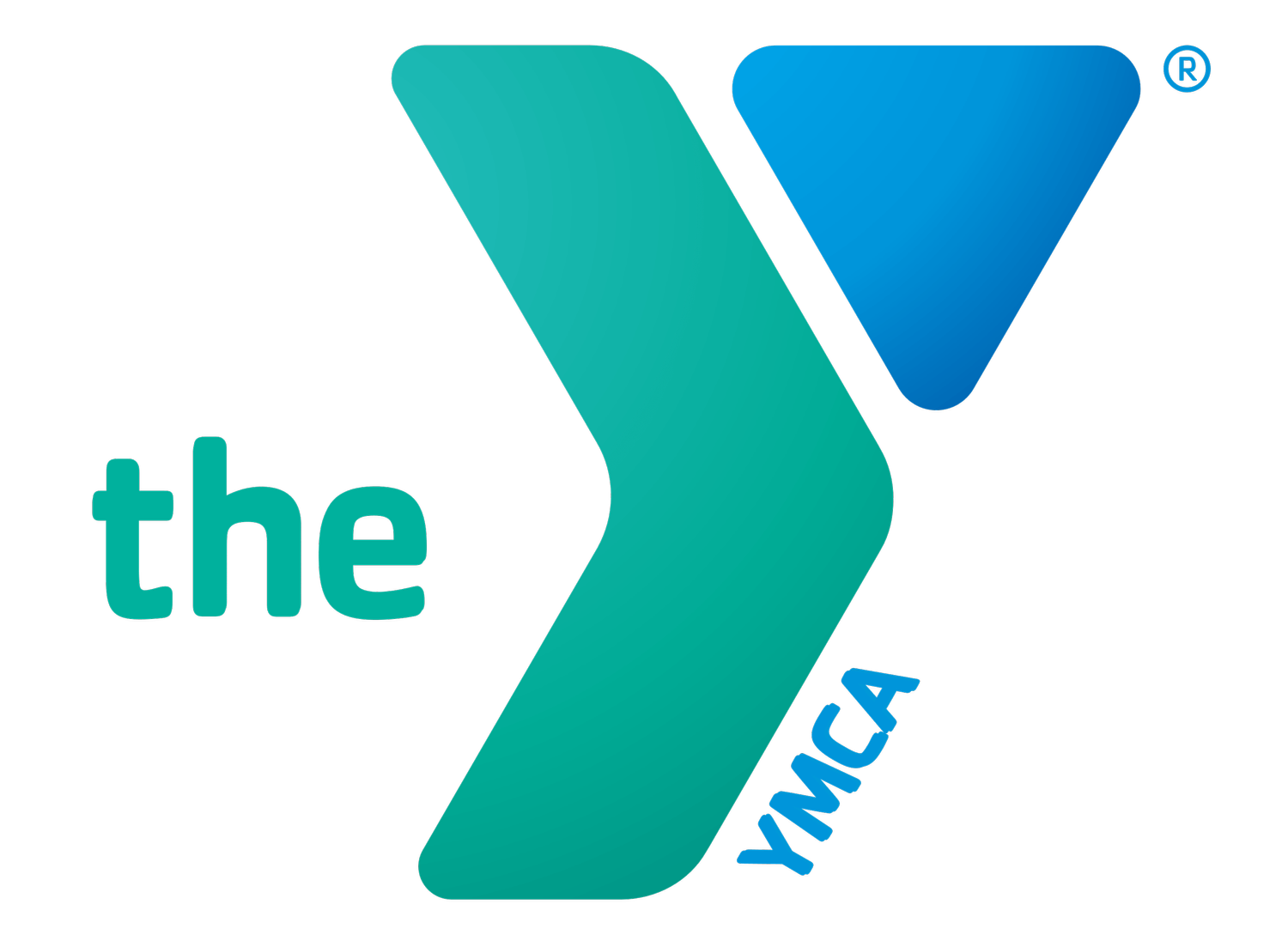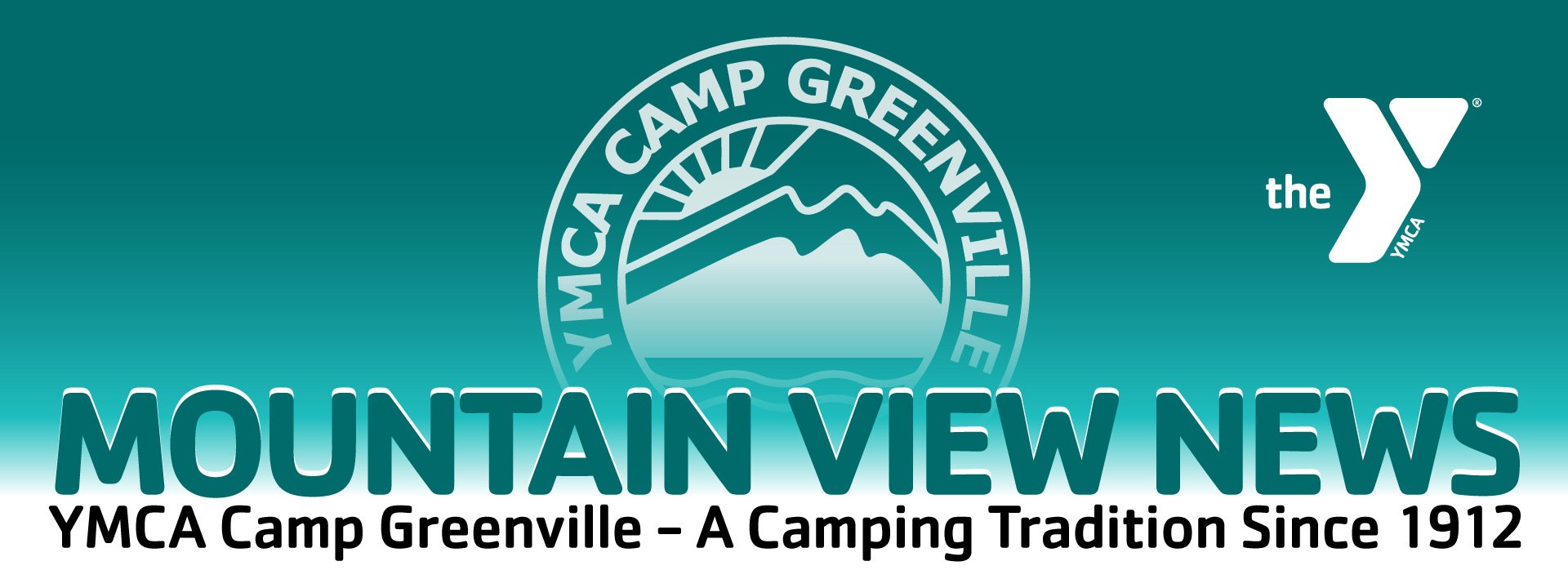PACC: Navigating Risk at Camp
For many first-year campers and their families, the idea of taking risks can feel a little nerve-wracking. Whether it's climbing to the top of the ropes course, performing in front of new friends, or trying a new activity, camp is full of opportunities to step outside your comfort zone. But how do you know the difference between healthy and unhealthy risks? And why is risk-taking such an essential part of growth? Let's explore!
What Kinds of Risks are There?
Not all risks are created equal. Some push us to grow, while others can lead to harmful consequences. Healthy risks challenge us in ways that help us build confidence, learn new skills, and discover what we’re capable of. Unhealthy risks, on the other hand, can put our safety or well-being in danger.
Examples of Healthy Risks:
- Trying a new activity like archery, rock climbing, or kayaking while being led by a trained staff member
- Making new friends and stepping into social situations outside your comfort zone
- Testing your independence by making decisions or advocating for yourself
Examples of Unhealthy Risks:
- Ignoring safety rules during an activity
- Trying something dangerous just to impress others
- Engaging in peer pressure to do something that doesn’t feel safe
- Putting yourself in a situation where you or someone else could get hurt
Camper Quest!
By completing 2 out of 3 Quests in April, campers can earn a special friendship bracelet!
With help from an adult at home, complete the Risk Taking Sorting Activity.
Why Risk-Taking is Important for Growth
Taking healthy risks is a big part of what makes camp such a powerful experience. Every time you challenge yourself in a safe and supportive environment, you're growing in ways that will help you for years to come. Here’s how:
- Builds Confidence: When you take a risk and succeed (or even if you don’t succeed but still try), you prove to yourself that you're capable of more than you thought.
- Encourages Resilience: Sometimes, things don’t go as planned. Learning to navigate failure helps you bounce back stronger.
- Fosters Independence: Making your own decisions, even small ones, teaches responsibility and self-reliance.
- Creates Lasting Memories: Some of the best camp stories come from moments when campers took a chance and tried something new.
- Develops Problem-Solving Skills: Facing challenges helps you learn to think on your feet and adapt to different situations.
Encouragement for Campers and Families
For campers, remember that it's okay to feel nervous about new experiences. Lean on cabin leaders, staff members, and friends for support. Trust that camp is a place designed to help you grow safely.
For families, encourage your camper to embrace challenges while reminding them of the difference between healthy and unhealthy risks. Ask open-ended questions about their experiences, celebrate their courage, and remind them that every new challenge is a chance to learn.
Camp is an adventure, and every adventure comes with moments of uncertainty. By taking healthy risks, campers open the door to self-discovery, growth, and unforgettable experiences. So take a deep breath, step forward, and see what amazing things you're capable of!
We’re excited to connect with you! For more PACC resources, CLICK HERE!
We’re here to help! If you have any questions about the topics above, please reach out to Katy Harvill via email.




